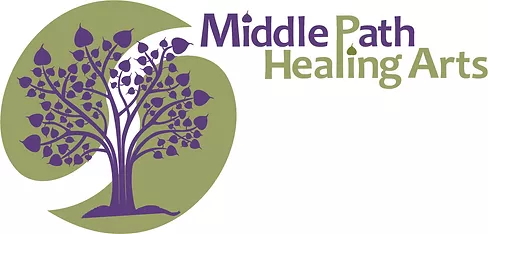Years ago, a wise teacher shared with me that what she found herself most appreciating through her decades of mindfulness practice was the paradoxical nature of the human situation. At the time, this seemed rather obvious to me and not particularly helpful. A little painful, even. I didn’t yet see how this recognition could support peace of mind. Lately though, I’ve been exploring paradox in simple ways, and finding freedom there.
Take, for example, my relationship with the clock and the calendar. Like many people, I rely heavily on these tools. In one way, they are empowering, vastly increasing my ability to get where I wish to be when I wish to be there. When I want to work on a project with a colleague, say, we simply agree on a day and time and put it in our calendars.
There’s another aspect of the situation, though, that reveals the opposite. Sometimes I notice myself stressing out in relationship to these tools and the plans I make with them. “I’m late!” or “There’s too much to do!” Pressure and anxiety arise and I feel an unpleasant tightening in my belly and chest. Thoughts spin endlessly. Suddenly, the very same instruments that were apparently my allies have turned on me!
Recently, I’ve been drawn to investigate these aspects of my calendaring choices. My schedule has felt overly full, but it was me who made all these commitments! I’ve been seeing this an opportunity to look at the motivations behind my actions, to see the beliefs that drive my scheduling decisions and know them as thoughts, sometimes very compelling ones. Usually, one way or another, the discomfort is all about me, my sense of myself, my worthiness and the worthiness of my actions: “Am I good enough? Important enough? Have I contributed enough? Will I get what I want? Will I have enough?” Watching these mental formations appear like rabbits from a magician’s hat, the next moment opens wide with letting them go.
A carpenter who took up a mindfulness meditation practice told me that the most helpful insight he’d had was not to take it personally when he banged his thumb with a hammer. Before practice, he said, when he occasionally hit his thumb he thought something had gone wrong, so he felt angry, or responsible somehow, or as if life itself had betrayed him.
Now he knew: this is this nature of things. Hammers make it possible to create lots of amazing things, and from time to time it is inevitable, even for a skilled carpenter, that a thumb will get whacked. There’s nothing really personal about it. That’s the paradoxical, contradictory nature of our situation.
Have you noticed any paradoxes in your life lately? What are you learning from life’s many contradictions? How has mindfulness offered space to see these paradoxes differently?
This blog post was originally posted at UMass Medical School CFM Home

